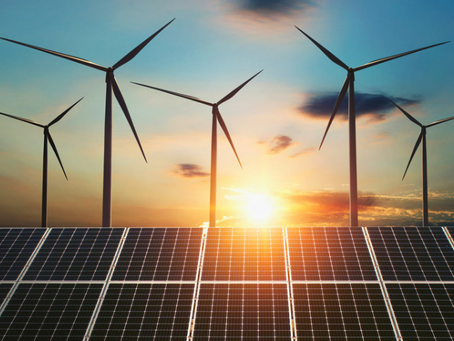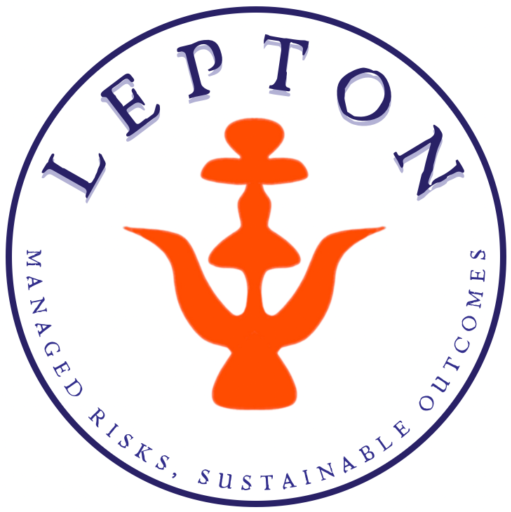Optimal Commitment Strategies for Distributed Generation Systems under Regulation and Multiple Uncertainties
Abstract –
 This paper formulates a model that assesses the economic and policy implications of the adoption and operation of microgrids. The recent climate agreement between the US and China as well as the historic Lima accord on climate change are prompting a massive demand in climate-friendly technologies. Given the increasing demand for electricity and the mounting costs of electricity supply associated with maximizing system performance through an optimal economic scheduling of microgrids, decision makers and policymakers are already facing the problem of sketching energy management strategies for localized operation and grid penetration. We employ a modified Benders’ decomposition approach to explore the optimal scheduling of supply from different technology units in the microgrid in the face of supply and demand uncertainties. We guarantee that the power generated by the units meets systemic load while satisfying the primary operational and technological constraints. We implement our model in a quantitative numerical analysis where we investigate the operational regulation in the light of a public environmental policy. We extend prior research on this subject by uncovering a greater reliance on the grid under simultaneous uncertainties in demand and supply. We unlock a strategy for a proper mitigation of the effects of emissions. We find that carbon abatement policy can be used to motivate microgrids operators to invest in fuel cells and natural gas technologies when dealing with uncertainty.
This paper formulates a model that assesses the economic and policy implications of the adoption and operation of microgrids. The recent climate agreement between the US and China as well as the historic Lima accord on climate change are prompting a massive demand in climate-friendly technologies. Given the increasing demand for electricity and the mounting costs of electricity supply associated with maximizing system performance through an optimal economic scheduling of microgrids, decision makers and policymakers are already facing the problem of sketching energy management strategies for localized operation and grid penetration. We employ a modified Benders’ decomposition approach to explore the optimal scheduling of supply from different technology units in the microgrid in the face of supply and demand uncertainties. We guarantee that the power generated by the units meets systemic load while satisfying the primary operational and technological constraints. We implement our model in a quantitative numerical analysis where we investigate the operational regulation in the light of a public environmental policy. We extend prior research on this subject by uncovering a greater reliance on the grid under simultaneous uncertainties in demand and supply. We unlock a strategy for a proper mitigation of the effects of emissions. We find that carbon abatement policy can be used to motivate microgrids operators to invest in fuel cells and natural gas technologies when dealing with uncertainty.
READ FULL ARTICLE:
https://www.sciencedirect.com/science/article/abs/pii/S0301421519304227?via%3Dihub
